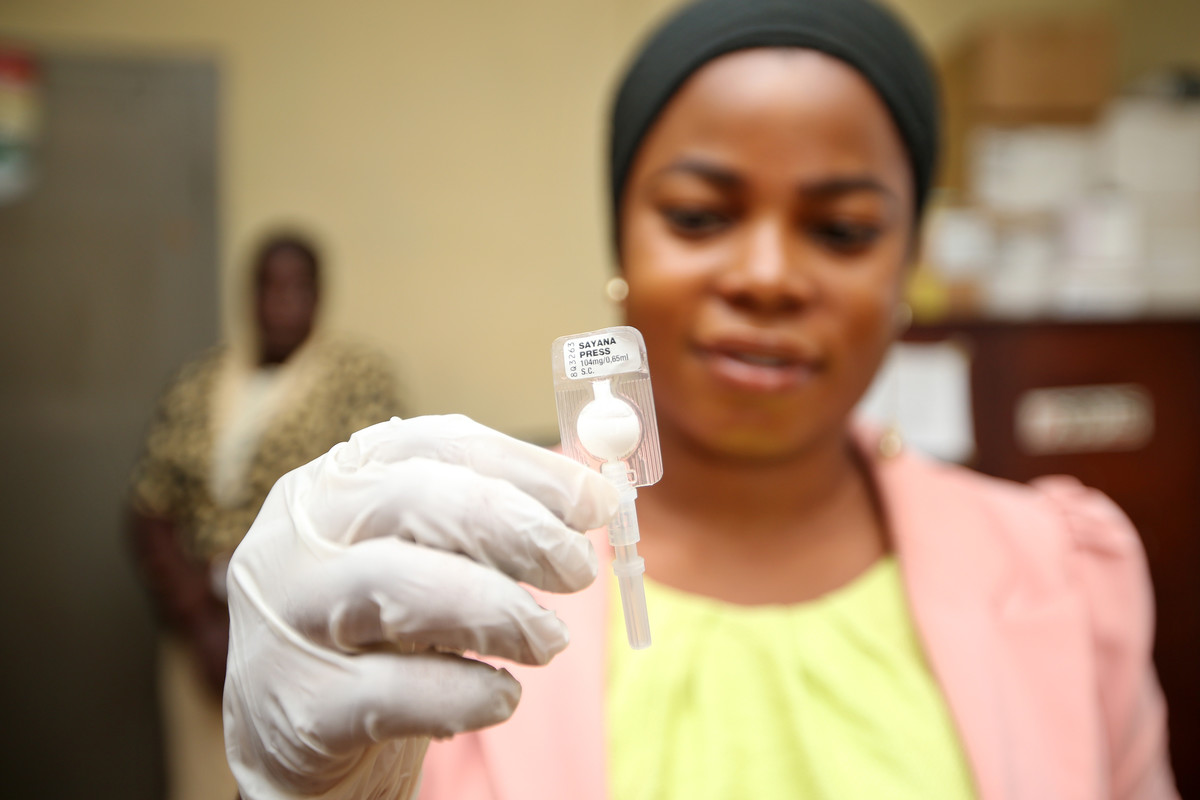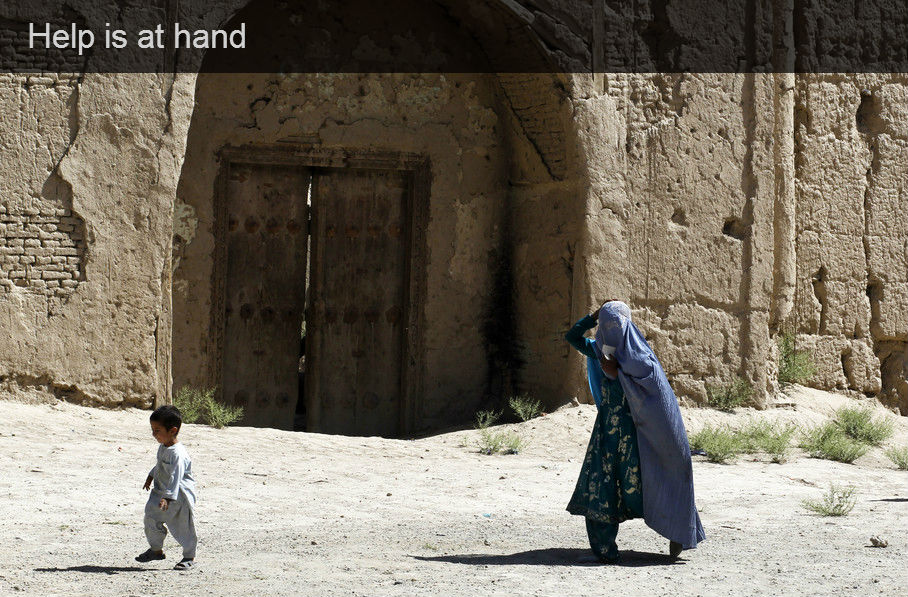
Spotlight
A selection of news from across the Federation

IPPF Statement on the 68th session of the Commission on the Status of Women (CSW)
IPPF welcomes the agreed conclusions of the 68th session of the Commission on the Status of Women (CSW), on the theme of “Accelerating the achievement of gender equality and the empowerment of all women and girls by addressing poverty and strengthening institutions and financing with a gender perspective”. IPPF actively engaged in the process by providing technical inputs to Member States, raising awareness about the interlinkages between SRHR, poverty, gender equality and the empowerment and human rights of all women and girls.
Filter our news by:


| 08 May 2017
Sayana efforts will help widen contraceptive choice for world’s poorest and neglected women says IPPF
Expanding contraceptive choices offers the potential to put power into women’s hands said the International Planned Parenthood Federation (IPPF) in reaction to the Sayana Press announcement by Pfizer BD, and the Bill and Melinda Gates Foundation, and CIFF today. IPPF is already playing a major role in the introduction of Sayana Press to increase access to the world’s most poorest and underserved women and girls. Sayana Press is offered as part of the contraceptive mix by IPPF’s Member Associations in Uganda, Nigeria, Burkina Faso and Senegal. They are doing this by providing Sayana Press at our extensive network of clinics, and by training community volunteers and government staff to give women Sayana Press in their own communities. Tewodros Melesse, Director General IPPF said; “This announcement is a great opportunity to enable women and girls who are often left behind because they are poor, unable to make decisions because of their partners, too far from a clinic or disabled to access contraception. Sayana Press has the potential to reach those who have never been able to access family planning before. We have seen that Sayana Press is popular with women in remote communities who can’t easily get to a clinic or drug shop. We are keen to see countries move towards community based distribution and ultimately, self-injections. All efforts must truly reach the last mile. Enabling women to administer in their own time and wherever they are is the only way to put power truly into women’s hands. It is a great step in helping to tackle the needs of the most poorest or neglected women and girls. But like any contraceptive, it must be offered as part of a broader mix of methods available and not favored more than others. Choice means every women and girl has the right to choose about their contraception wherever and whoever they are.” IPPF launched its annual global I Decide Campaign on family planning today. IPPF is fighting for a world where women everywhere can say "I decide". Support our call for universal access to contraception! Add your voice

| 04 February 2016
A matter of life and death: IPPF's humanitarian response
Today, the Danish Family Planning Association (DFPA) together with the Danish All-Party Parliamentary Group (APPG) on Sexual and Reproductive Health and Rights, and the Danish Ministry of Foreign Affairs convened a conference with the International Planned Parenthood Federation (IPPF) on the challenges of sexual and reproductive health and rights (SRHR) in humanitarian crises. HRH the Crown Princess of Denmark and the United Nations Population Fund (UNFPA) were also in attendance. HKHK Mary: women are not vulnerable in hum crises because they are weak but because they lack equality #SRHRinCrises pic.twitter.com/EOhV38IpBi — Mette Gjerskov (@MetteGjerskov) February 4, 2016 More than 100 million people are in need of humanitarian assistance. It is estimated that 26 million are women and adolescent girls of reproductive age of which 500 die every day from complications related to pregnancy and childbirths. For example, the Syrian civil war has resulted in a 39% rise in maternal mortality since 2010 and gender-based violence is affecting at least 7 out of 10 women in some crisis settings. This shows a great need for humanitarian actors to ensure that the human rights of women and girls are protected and able to access sexual and reproductive healthcare. // IPPF: saving lives in crises Right now more than 250,000 women and girls need help. IPPF provides the emergency response needed, like family planning, which can reduce maternal deaths by 33%. SEXUAL & REPRODUCTIVE HEALTH SERVICES SAVES LIVES. AND IS A HUMAN RIGHT. Posted by IPPF on Thursday, 4 February 2016 The increasing number of humanitarian crises calls for serious rethinking of the current humanitarian response. The status of sexual and reproductive health and rights (SRHR) violations in humanitarian crises must be confronted and prevented. Over the past decade, IPPF has reached millions of people during floods, conflicts, earthquakes, cyclones when health care often collapsed, IPPF Member Associations continued to serve the unreachable particularly women which make three quarters of IPPF clients. We have an organizational strategy to address sexual and reproductive needs before, during and after humanitarian crises. IPPF starts with its Minimum Initial Service Package, which is life-saving, and transition to its Integrated Package of Essential services, which is life-changing. This ensure that a sxual and reproductive health situation is better after the crisis than before. @LcrTrc Crown Princess & @ippf CEO champion #women's #health & #rights in #humanitarian crisis settings pic.twitter.com/4ajLr0rkXg — Matthew Lindley (@t__box) February 4, 2016 Director general, Tewodros Melesse said, "Access to these services,especially in the midst of war or natural disaster, is a human right which does not only saves lives in the short run, but also helps build resilience amongst refugees and displaced people. It’s one of the most important aspects of humanitarian assistance that is often forgotten when disaster and conflicts strike."














